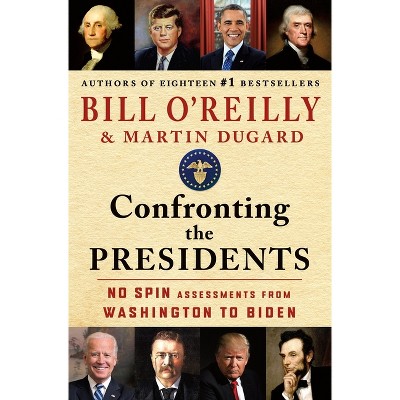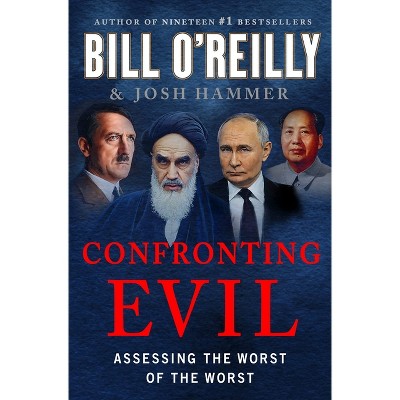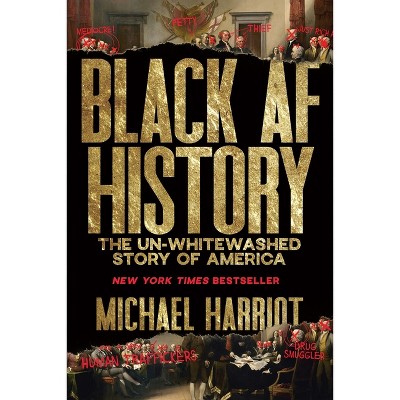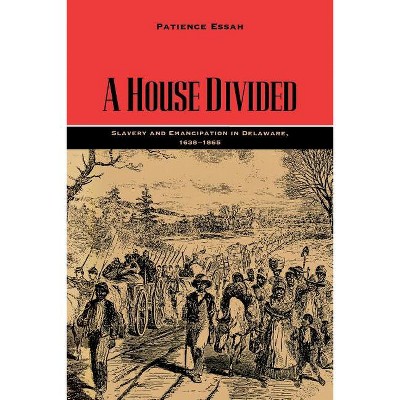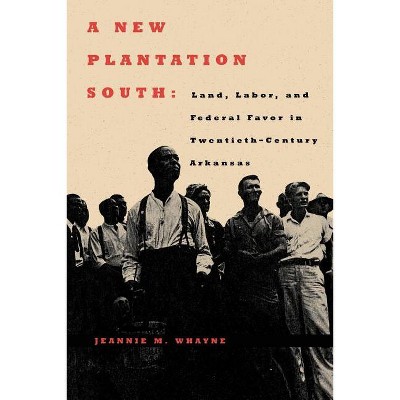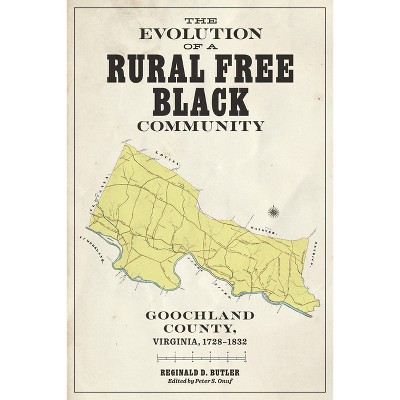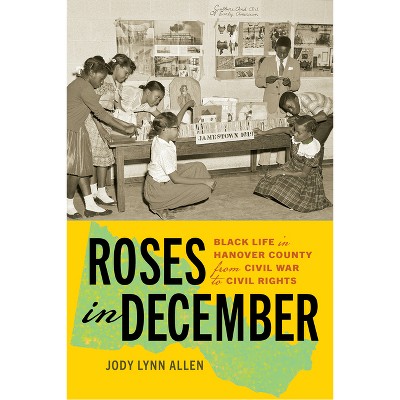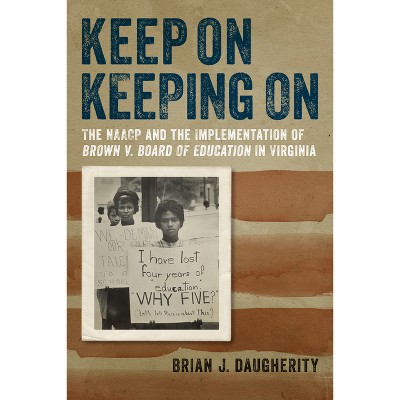Whispers of Rebellion - (Carter G. Woodson Institute) by Michael L Nicholls (Paperback)

About this item
Highlights
- An ambitious but abortive plan to revolt that ended in the conviction and hanging of over two dozen men, Gabriel's Conspiracy of 1800 sought nothing less than to capture the capital city of Richmond and end slavery in Virginia.
- About the Author: Michael L. Nicholls is Professor Emeritus of History at Utah State University and the author of Aspects of the African-American Experience in Eighteenth-Century Williamsburg.
- 264 Pages
- History, United States
- Series Name: Carter G. Woodson Institute
Description
About the Book
The author looks at the state's swift and brutal response, and argues persuasively that, rather than the coalition between blacks and whites that has been described in other accounts, the participants were all slaves or free blacks, suffering under an oppressive white population and willing to die for their freedom.Book Synopsis
An ambitious but abortive plan to revolt that ended in the conviction and hanging of over two dozen men, Gabriel's Conspiracy of 1800 sought nothing less than to capture the capital city of Richmond and end slavery in Virginia. Whispers of Rebellion draws on recent scholarship and extensive archival material to provide the clearest view yet of this fascinating chapter in the history of slavery--and to question much about the case that has been accepted as fact.
In his examination of the slave Gabriel and his group of insurgents, Michael Nicholls focuses on the neighborhood of the Brook, north of Richmond, as the plot's locus, revealing the area's economic and familial ties, the geographic proximity of the key conspirators, and how their contacts allowed their plan to spread across three counties and into the cities of Richmond and Petersburg.
Nicholls explores underdocumented aspects of the conspiracy, such as the participants' recruitment and motives, showing them to be less ideologically driven than previously supposed. The author also looks at the state's swift and brutal response, and argues persuasively that, rather than the coalition between blacks and whites that has been described in other accounts, the participants were all slaves or free blacks, suffering under an oppressive white population and willing to die for their freedom.
Review Quotes
Whispers of Rebellion unquestionably and impressively succeeds in its main goal of providing a careful, scholarly, detailed, and, in many particulars, more accurate account of Gabriel's conspiracy.
-- "Journal of American History"Clearly written and exhaustively documented, Whispers of Rebellion will immediately become the most complete and reliable account of Gabriel's Conspiracy--generally recognized as one of the five or six most important examples of collective slave resistance in Anglo-America between 1700 and 1861.
--James Sidbury, Rice University, author of Ploughshares into Swords: Race, Rebellion, and Identity in Gabriel's Virginia, 1730-1810Michael Nicholls's Whispers of Rebellion explores a community riven by the fault lines of slavery as well as anyone else has. This book will become the standard account of Gabriel's Conspiracy.
--Philip J. Schwarz, Virginia Commonwealth University, editor of Slavery at the Home of George Washington (Virginia)Through a meticulous evaluation of earlier interpretations and previously underutilized trial records, Nicholls succeds in exploring how race, time, and place were powerful componentsin a plot that sent shockwaves through the early republic that struggled to reconcile issues of liberty and slavery.
-- "Journal of African American History"Without question, Nicholls advances understanding of Gabriel's sophisticated conspiracy.
-- "American Historical Review"About the Author
Michael L. Nicholls is Professor Emeritus of History at Utah State University and the author of Aspects of the African-American Experience in Eighteenth-Century Williamsburg.
Shipping details
Return details
Trending History
